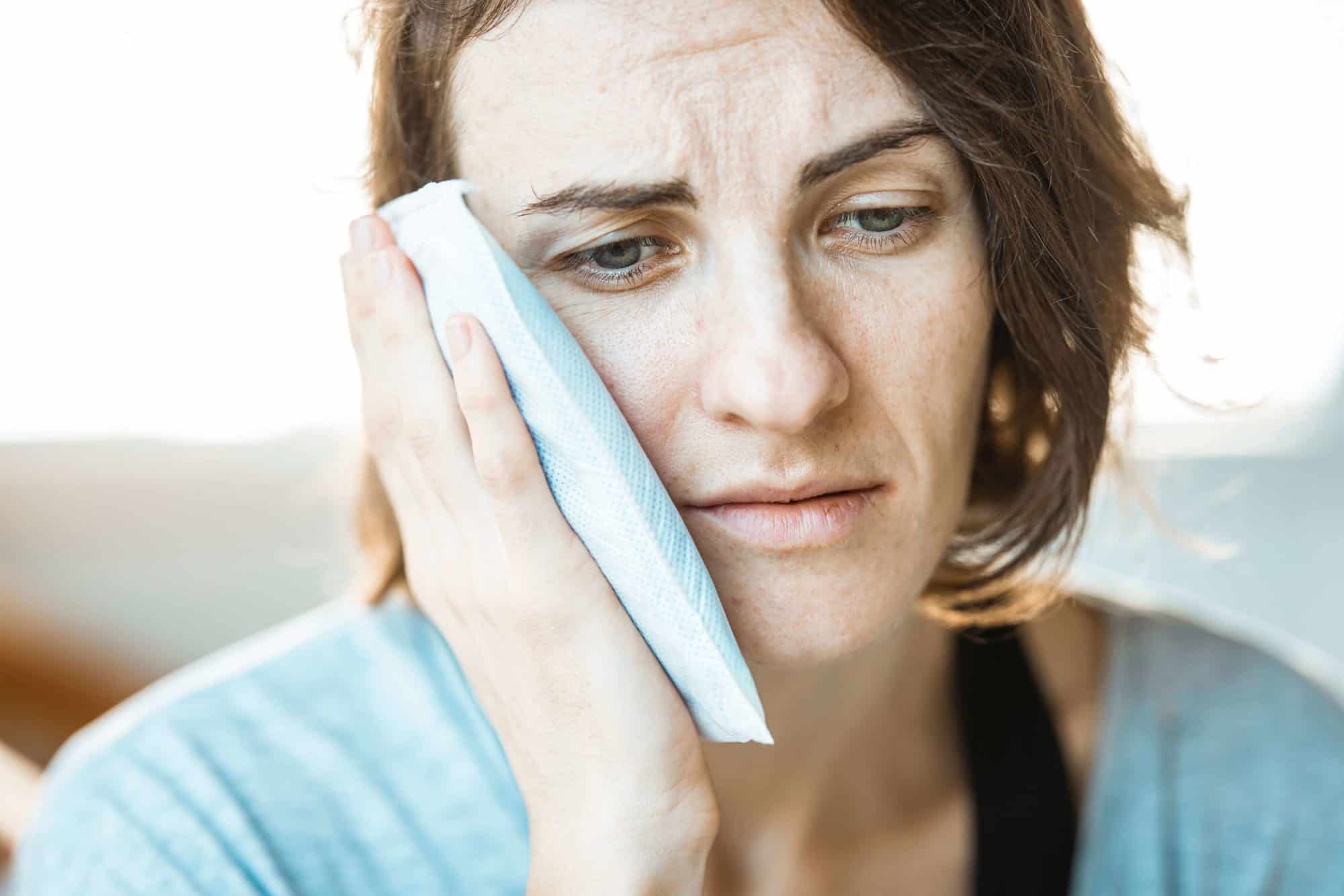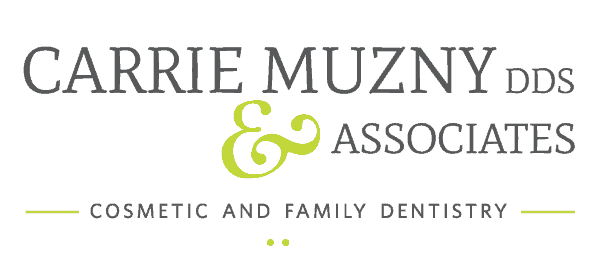
How Can You Tell if a Tooth Needs to be Extracted?
Getting a tooth extracted is a common dental procedure if you are dealing with severe tooth damage or decay. It is designed to eliminate bacteria and improve your overall oral health. Taking good care of your teeth before and after the procedure is imperative to make sure you heal as fast and well as possible.
If you are thinking about getting a tooth extracted or are having some issues that could lead to the procedure, read on to learn more about this common dental practice.
What is a Tooth Extraction?
A tooth extraction is a dental procedure where your tooth is removed completely from its socket. The extraction can either be simple or surgical.
A simple extraction involved the patient getting a local anesthetic, which will numb the area around the tooth. The dentist will then use a tool called an “elevator” to loosen the tooth and then use forceps to remove the tooth altogether.
A surgical extraction will involve more anesthesia, most likely Intravenous. Then the extraction will take place while the patient is relaxed and calm under the anesthesia. Surgical extractions happen when the tooth is impacted, or under the skin.
As stated above, sedation will take place during the extraction. There are one of three kinds of sedation that can be administered, and those options are:
- Nitrous Oxide, also known as “laughing gas,” nitrous oxide is a gas that you inhale through a mask or nosepiece. It’s a good option for people who need light level sedation.
- Oral Conscious Sedation, which is a pill given about an hour before your dental appointment. Common medications used for this purpose include diazepam, midazolam, triazolam and lorazepam.
- Intravenous (IV) sedation is recommended for people with significant dental anxiety or for those needing to undergo a lengthy procedure.
Why Would I Need A Tooth Extraction?
While your dentist will do their best to save your natural teeth whenever possible, there are times when fillings and crowns just won’t work. If your tooth has been damaged past the point of repair, then removal will most likely be recommended to prevent infection. The reasons you may need your tooth extracted are:
- Severe tooth decay/cavities.
- A fractured tooth.
- An impacted tooth.
- Crowded teeth.
- Severe gum disease.
- Dental injuries.
Other Signs You May Need a Tooth Extraction
- Bad breath that you can’t pinpoint the cause of and that won’t go away no matter how much you brush or floss.
- Bleeding, swelling, and sensitivity in the back of your mouth where your wisdom teeth are located.
- Pain in your jaw, mouth, and neck.
- Headaches that seem to originate from your jaw.
Aftercare
After your extraction, your dentist will give you a list of instructions to help with your recovery. Here are some of the most important aftercare rules to follow when you are healing from your tooth extraction:
- Keep your mouth and especially the area of extraction clean. Gently rinse the area with an antimicrobial mouthwash two to three times a day.
- Avoid brushing directly over the extraction. Make sure to brush and floss all other areas normally.
- Take proper medications. It is normal for your dentist to prescribe antibiotics and pain relievers and it is important to take these medications as directed by your dentist. You can also take over-the-counter pain relievers if needed.
- Avoid working out and other strenuous activity for at least two days.
- Avoid smoking and drinking alcohol.
- Drink lots of water.
Preventing Dry Sockets After Extraction
After a tooth extraction, a blood clot will form which signals the beginning of the healing process. If this blood clot becomes dislodged before your mouth has healed fully, this is called dry socket and they can be very painful. Here are some steps that can help prevent dry sockets from happening while you are healing:
- Avoid straws or anything that can create suction.
- Avoid smoking. Inhaling fast can dislodge the blood clot and the chemicals in the smoke may also prevent healing or cause infection.
- Only eat soft foods like applesauce, yogurt, and mashed potatoes for the first couple of days.
- Use proper oral hygiene to keep your mouth clean and consider an antibacterial mouthwash.
- Follow your dentists/doctor’s instructions on proper oral care after the extraction to help with proper healing.
Your Tooth Extraction Experts: Get the Best Care at Carrie Muzny DDS
Carrie Muzny DDS provides the highest-quality dental services and care for our patients in The Woodlands and surrounding areas. Our highly acclaimed team is exceptionally trained in modern preventative techniques, restorative dentistry, surgical procedures, and cosmetic dentistry.
With state-of-the-art technology and a vast range of smile-perfecting procedures, we stay at the top of our field and deliver smiles as sunny as the state of Texas! To let us help you get that perfect smile, contact us today. You can even request a virtual consultation!

